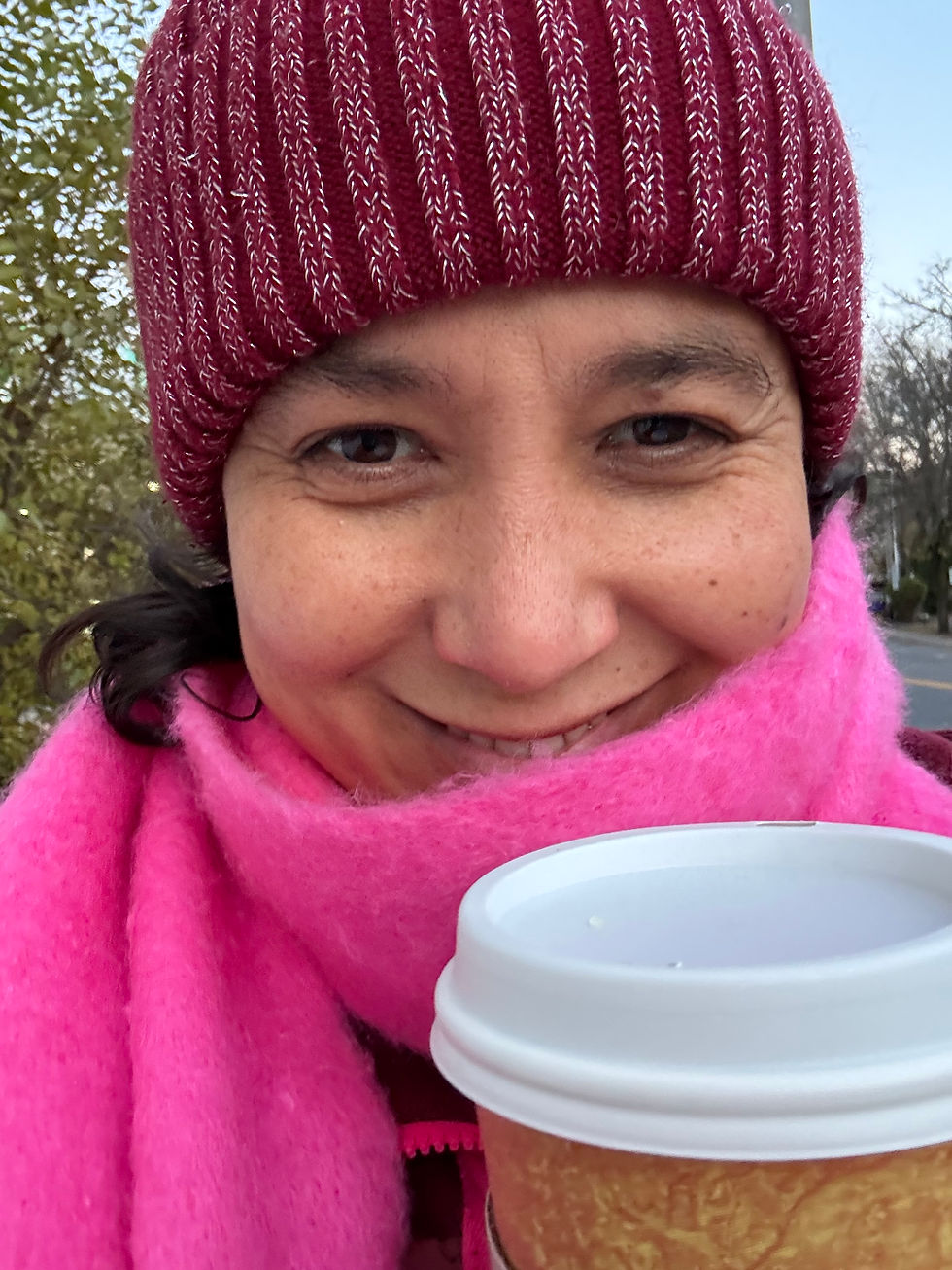Complexity Being Human
- Raditia

- Sep 7, 2021
- 2 min read
Updated: Sep 9, 2021
Looking at what makes us human, we can include our body, mental function, experiences, perceptions, nature, and the environment we live in. Within those elements, we can go even deeper and incorporate neurons, cells, vessels, nervous system, heart, lungs, bones, oxygen,

muscles, words, thoughts, judgments, expectations, language, communication, cultures, religions, ethnicities, ancestors, devastating storms, society, work, and so and so forth. By listing all these aspects without even touching on any particular subject, we see how complex it is to live on this earth and ensure that all the wiring between the different facets aligns accordingly.
My recent observations during my visit to Switzerland with my parents and brother, back home with my family, and the news of the world, I find myself getting fewer answers but more questions on how to find peace and connection on this globe? Especially, because there is little knowledge on what each individual goes through. At times, we aren't even aware of what is happening underneath our surface.
With the support of Mark Nepo, poet and author of the book More Together Than Alone, I noticed the complexity and relationship of being human and the pain created in our lifetime. In the different circles (e.g., religion, language, age) described, there was always a connection between the individual, the community, the past experiences, and future hopes.
Coming back to our immediate surroundings, family, friends, workplace, we are interconnected with the lineage of ancestry and our experience with each individual. That as well adds a layer of complexity. We are not only talking about ourselves; we are also expanding on what other people are faced with, which again reflects how we operate and move through the world.
We might not detect the link between our daily awareness and the rest of the globe, but it does. There are billions of communities in different fields, which are part of our evolution. Each day we find new gray areas uncovered, unexplained, and undiscovered to improve our positive impact on our environment.
We can start with our work and self-reflection, going to the place of discomfort and uncertainty. As Mark Nepo wrote:
"This is the challenge of our time: to strengthen our hearts and to lessen our fear and violence. We are all in this together, no matter where we live." (256)
As I embark on this journey of more profound knowledge of who we are through communication, language, and emotions that have caused misunderstandings over the years, I keep asking myself additional questions on what is missing. Lisa Feldman Barrett, Ph.D., a University Distinguished Professor of Psychology at Northeastern University and author of How Emotions are Made, redefines the creation of emotions and the paradigm shift in exploring them.
To better understand the complexity of being human, we need to become more curious, reveal where we are confused, be willing to be wrong and vulnerable, and, most importantly, ask more questions, especially the people we encounter every day. Feldman Barrett puts it like this:
"By taking pleasure in the unknown... [It] is part of the spirit of adventure that makes us human." (XV)







Comments